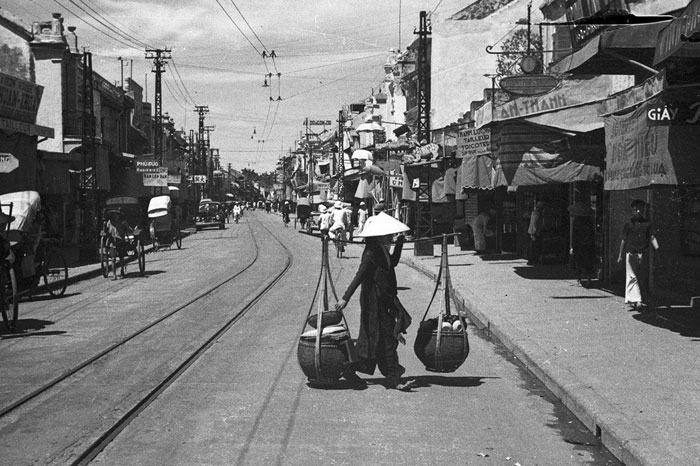
Hanoi's Old Quarter Over 100 Years
- on Sep 11, 2020 By: Ngoc Nguyen
You can find the same places, same alleys and same trees shared by generations residing in Hanoi's Old Quarter for nearly a century. The photos bring us to a course steeped in history. Despite such a change over the years, Hang Bo, Hang Bac, Hang Ma, Hang Thung… are still there to tell you the story of the 36 corporations of Hanoi.
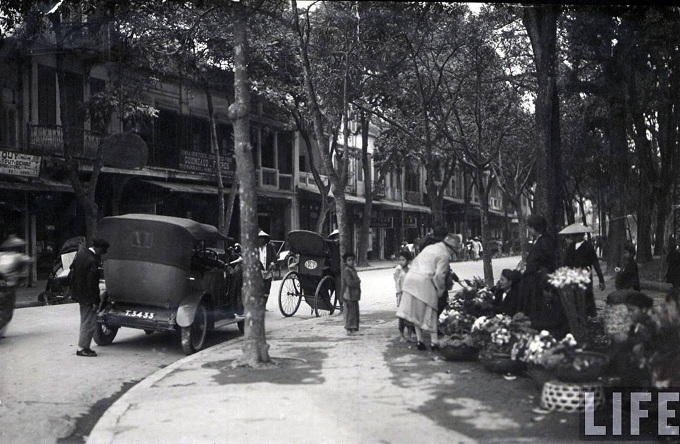
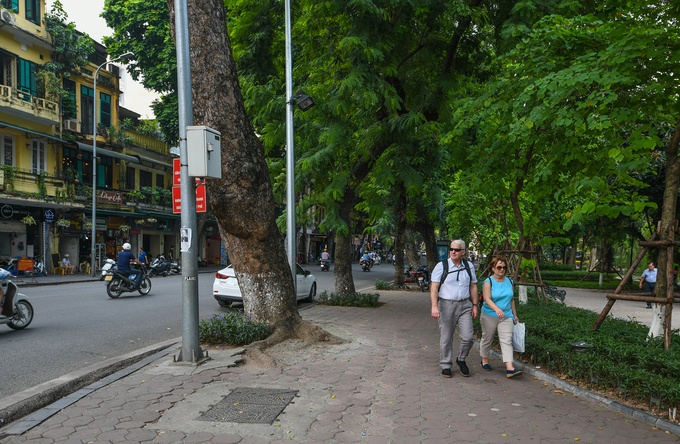
The junction between Hang Khay and Dinh Tien Hoang Street on the shore of Hoan Kiem Lake (the Sword restored). Top photo was taken circa the 1920s, 1930s.
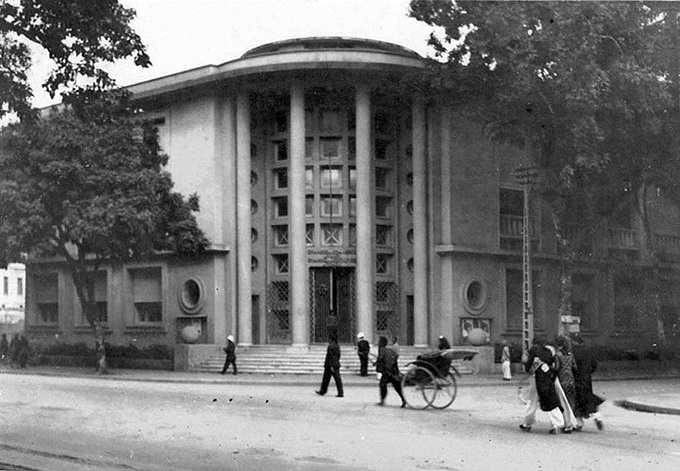
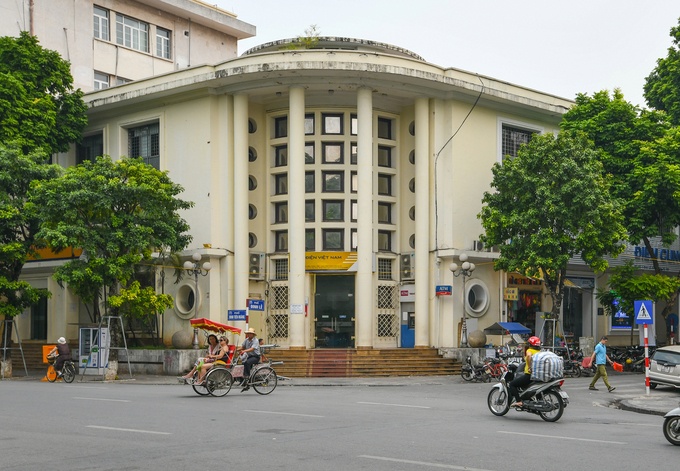
Opposite Hoan Kiem Lake, the Hanoi International Post Building is located at the crossroads of Dinh Tien Hoang street and Dinh Le street.
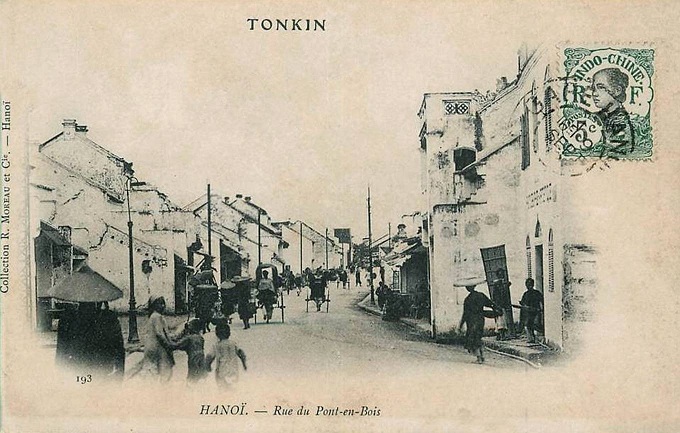
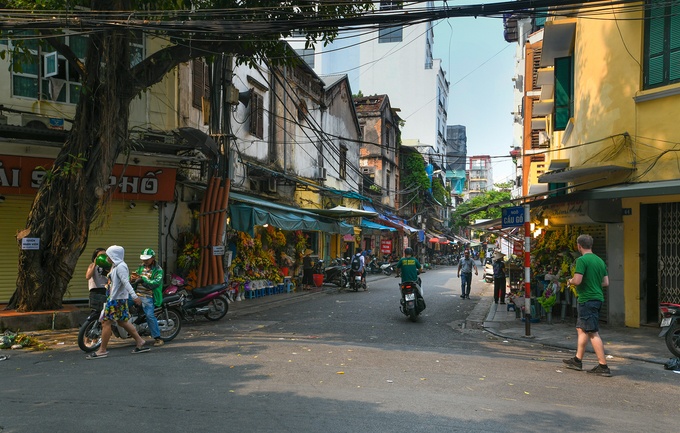
Cau Go Street, called at the time "Street of a wooden bridge", still keeps its name. Found in the heart of the old quarter of Hanoi and a one-way street, it was a place to eat for students who stayed nearby.
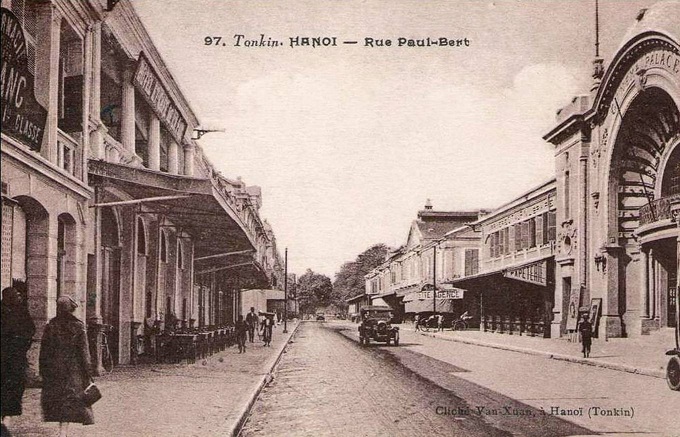
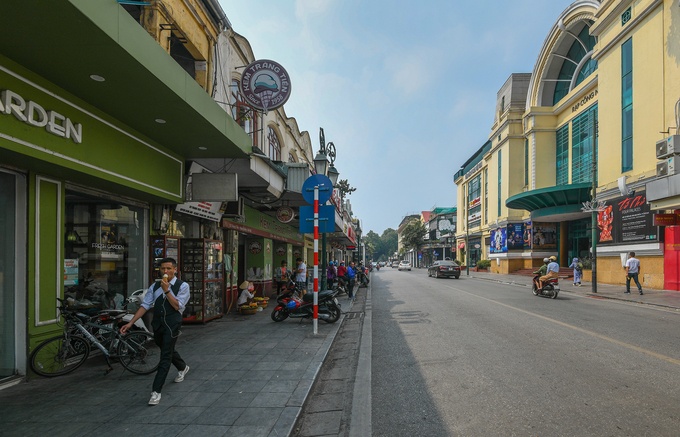
Located in Trang Tien Street, the Cong Nhan or Workers Cinema was both theatre and cinema. Originally named "Cinema Palace", this building was built by the French in 1917 and completed in 1920. Based on the French classical architectural style, its appearance was intended to become the most prestigious of its kind in Indochina. With the recapture of Hanoi by the French in 1947, the place was renamed "Eden" and then "Workers" since 1954.
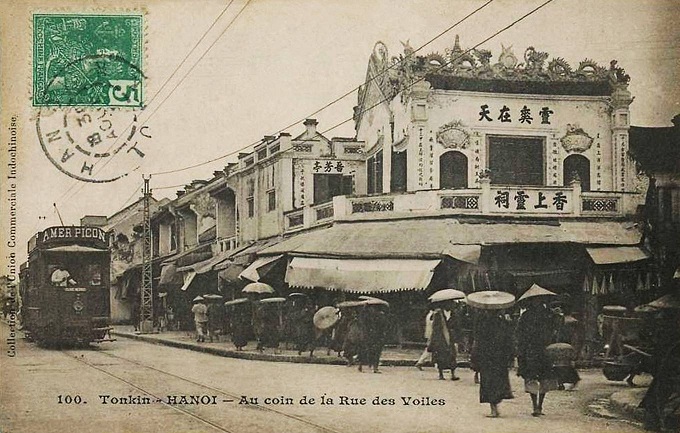
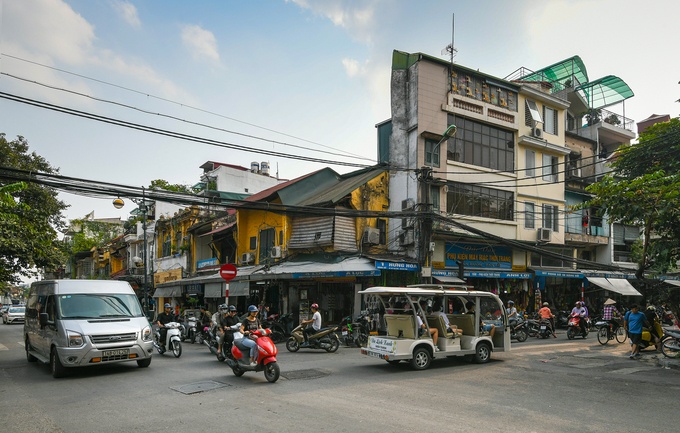
The junction of Hang Bac (street of silver) and Hang Dao (street of silk) was prominent at the time as well as the tram connecting Hoan Kiem Lake to Hang Dau Street Garden. Traces of this can only be seen in pictures today. At the end of 100 years of existence, Hang Bac Street maintains its activity while Hang Dao Street is crowded with clothing stores.
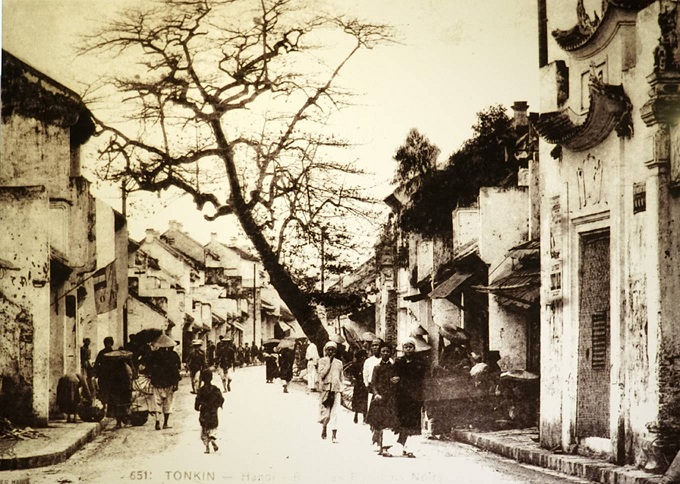
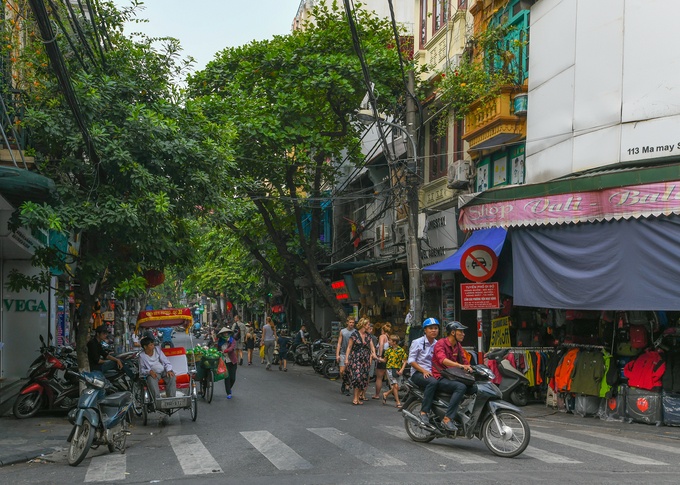
The crossroads of Ma May and Hang Bac Streets. Ma May takes the origin of two names, Hang Ma in the South, and Hang May in the North. Hang Ma Street was specialised in making votive objects. Hang May Street manufactured goods in sedge and papyrus fibre. We can find hotels of all kinds, travel agencies, restaurants and other tourist businesses that rub shoulders in this neighbourhood. The photo above was taken during the 1910s.
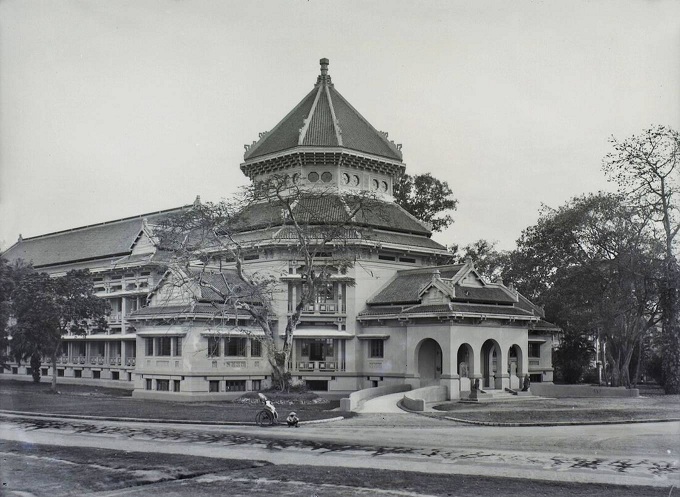
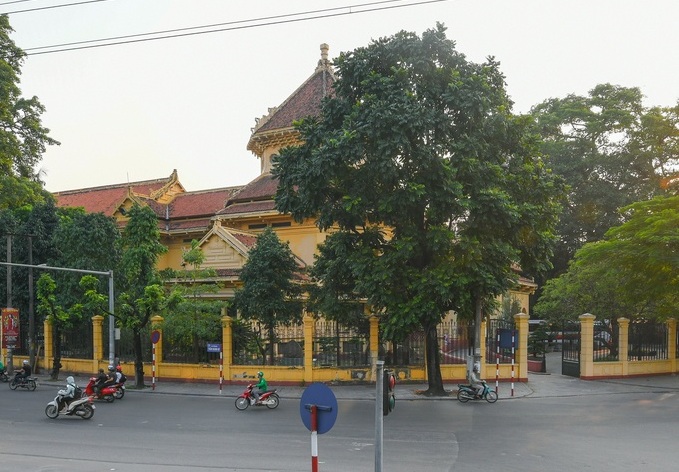
The Vietnam History Museum is located at 1 Trang Tien Street. Founded on 3/9/1958, this building is inherited from the Louis Finot Museum, built by the French in 1929 and opened to the public in 1932. It brought together antiques collected from all over the Indochina region. Designed in 1925 by architects C. Batteur and E. Hebrard, the museum is a great example of the Indochinese architectural style. The photo above was taken during the 1920s.
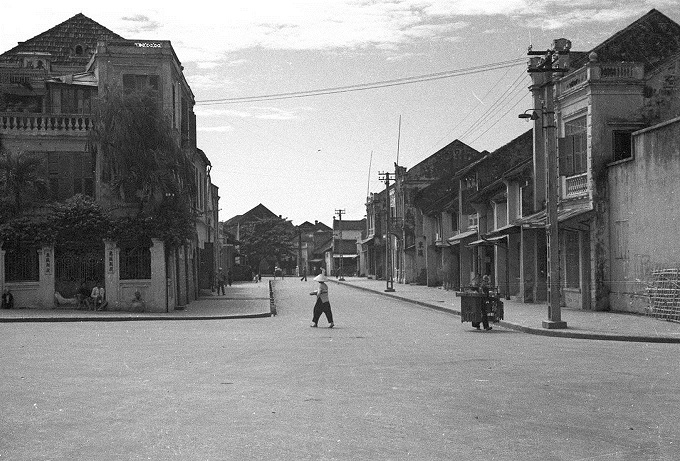
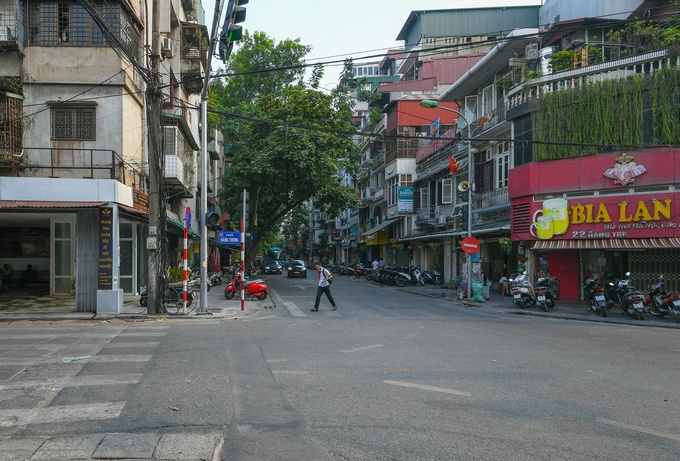
The intersection between Hang Tre and Hang Thung streets, Ly Thai To district, Hoan Kiem district. The photo above was taken in 1940.
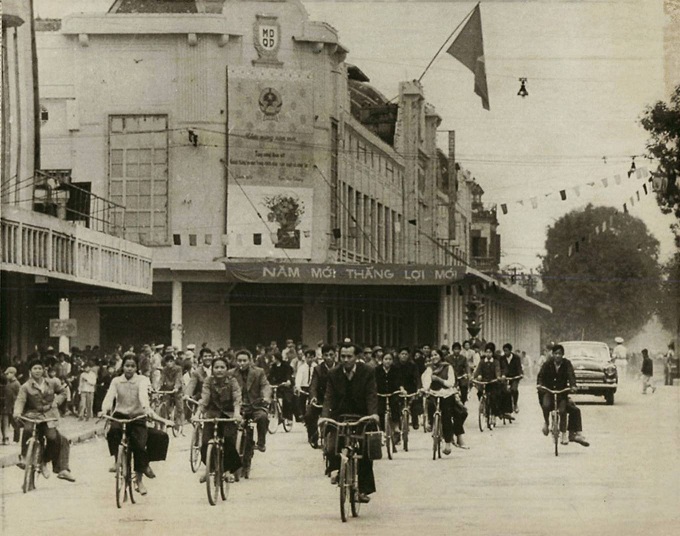
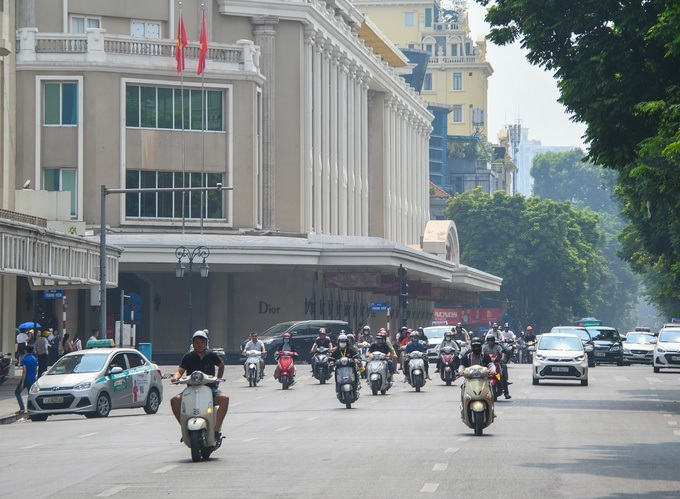
Dinh Tien Hoang Street at the intersection of Trang Tien Street and Hang Khay Street. Known as "street of the lake" in the late 19th century, it stretches from Trang Tien Street to the temple of Ba Kieu. Since the Liberation of the capital of Vietnam in 1954, it is called Dinh Tien Hoang to recall the first emperor who declared victory in the fight against the 12 enemy troops from the North. The photo above was taken in 1972.
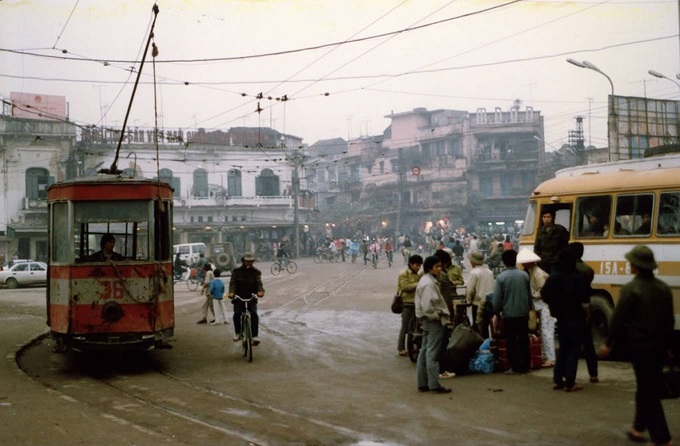
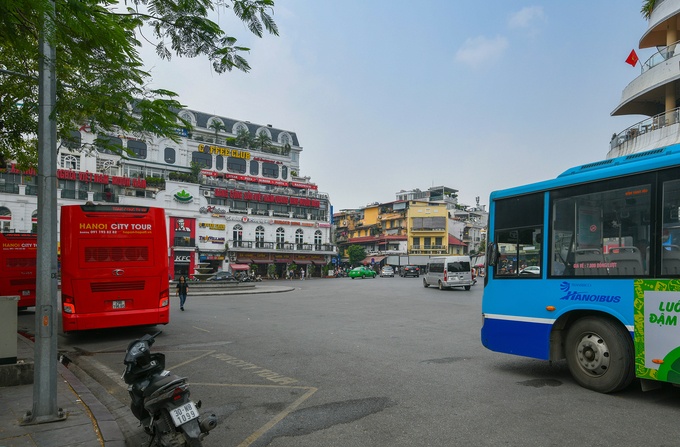
Hoan Kiem Lake Shore Tram Station, the present-day public bus and open-top bus station. Established in Dong Kinh Nghia Thuc Boulevard or Place Négrier at the time, this place is a major meeting place for residents and passengers, yesterday and today. The top photo was taken in 1980.
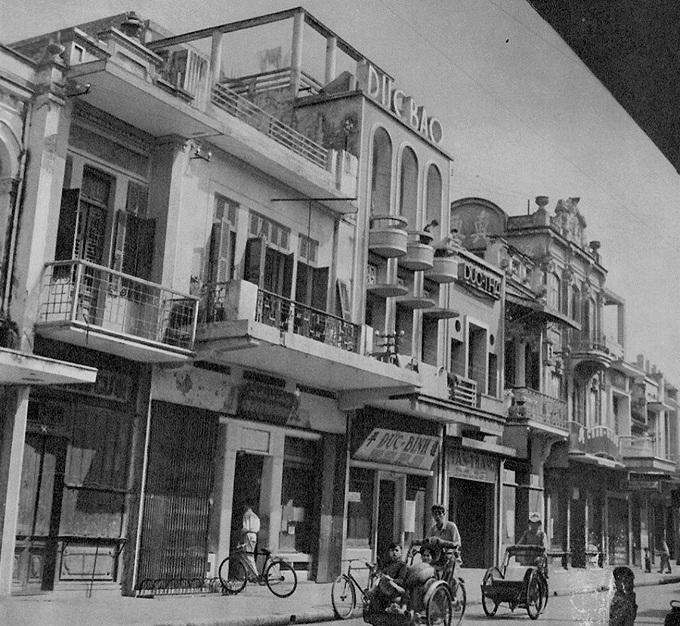
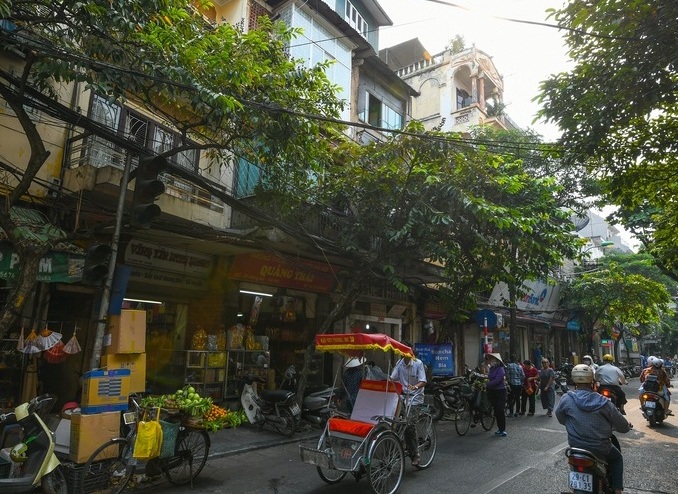
Part of the Basket Street which has designated the Hang Bo Street since 1945. It was the corporation of bamboo goods of all types, baskets, carts... which have been absent for decades. The photo above was taken in 1950.
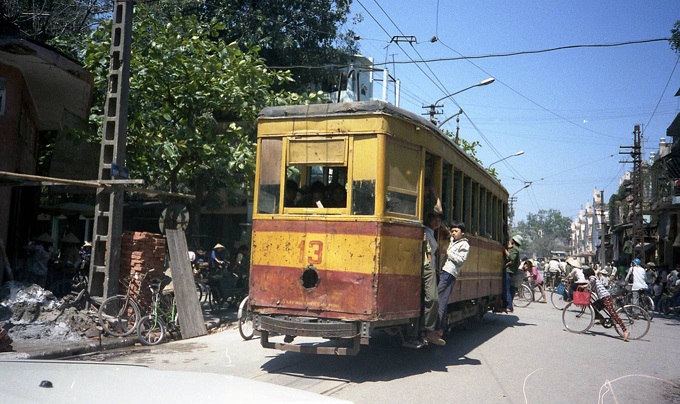
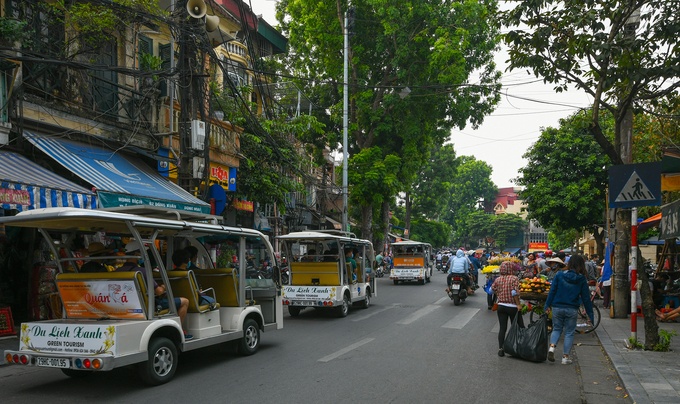
The crossroads of Dong Xuan and Hang Ma Streets. It was after the Revolution of 1945 that "Rice Street" became Dong Xuan. The top photo was taken in 1980.
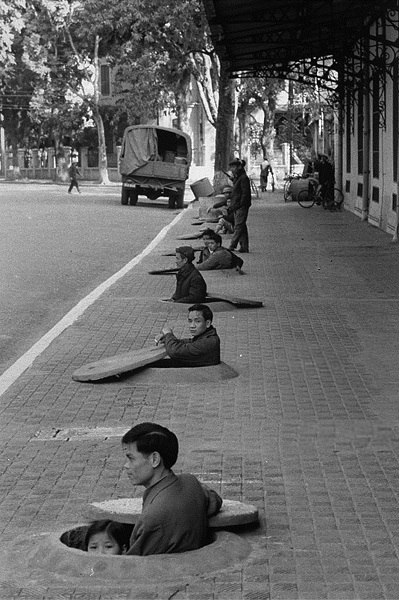
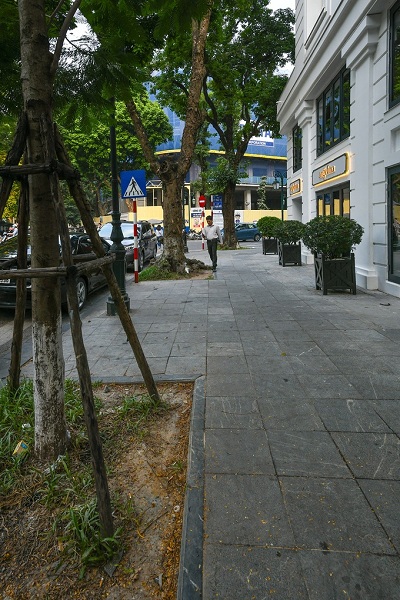
Le Phung Hieu Street with the trenches installed on the sidewalks in front of the Sofitel Metropole Hotel in Hanoi. Bomb shelters were present in the majority of Hanoi streets during the period 1965 - 1972. The photo above was taken in 1967.
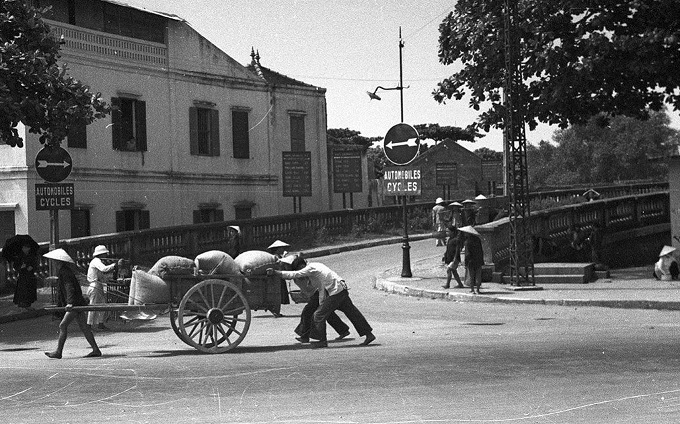
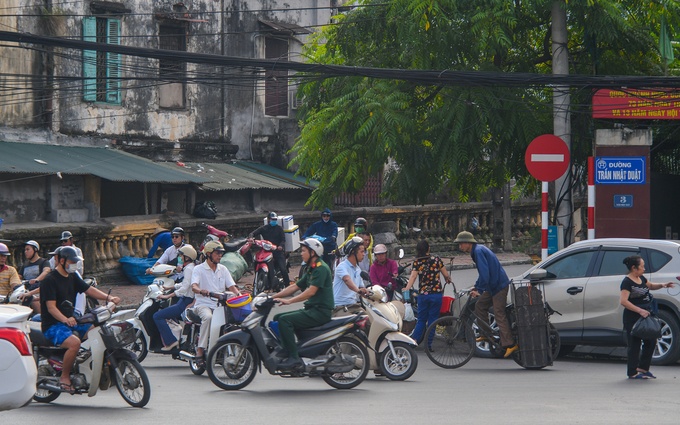
An exit from the Paul Doumer Bridge or the current Long Bien Bridge found in Bo Song Street (river bank) which connects Long Bien Quays and Hang Muoi Street (Salt Street). The photo above was taken in 1940 by Harrison Forman.
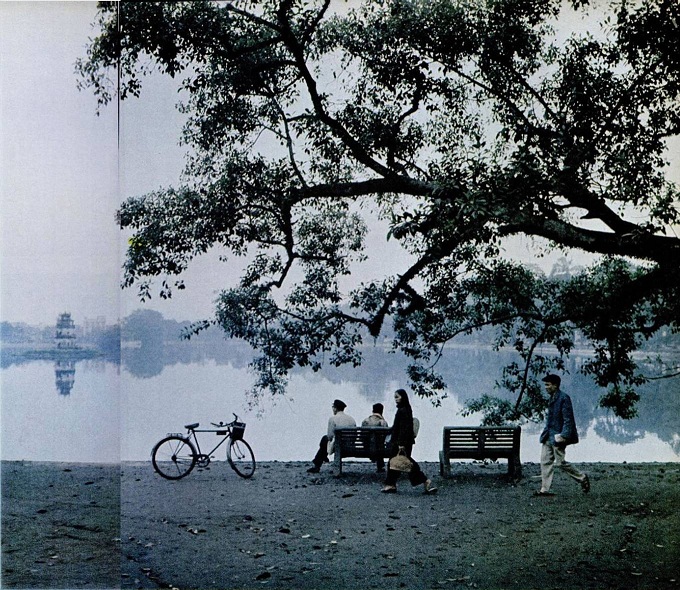
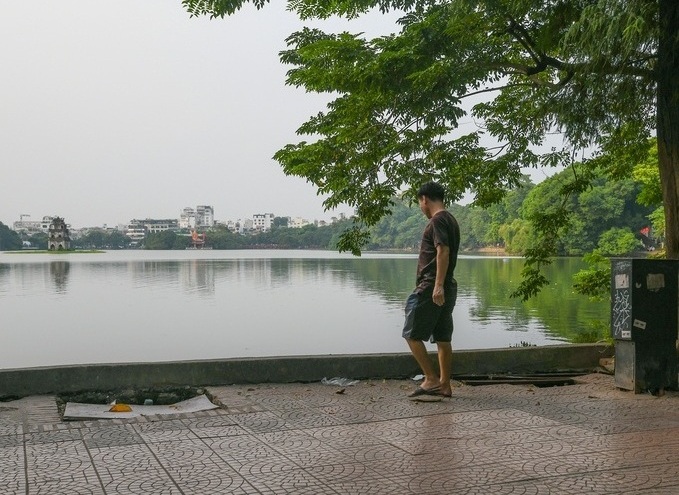
Hoan Kiem Lake seen from Hang Khay Street. The photo above was taken in 1967.
Photo: Internet
Related articles:
>> Visit Hanoi in 1, 2 or 3 days - what to see and do?
>> Three beautiful ancient villages not far from Hanoi to visit
 Español
Español Français
Français






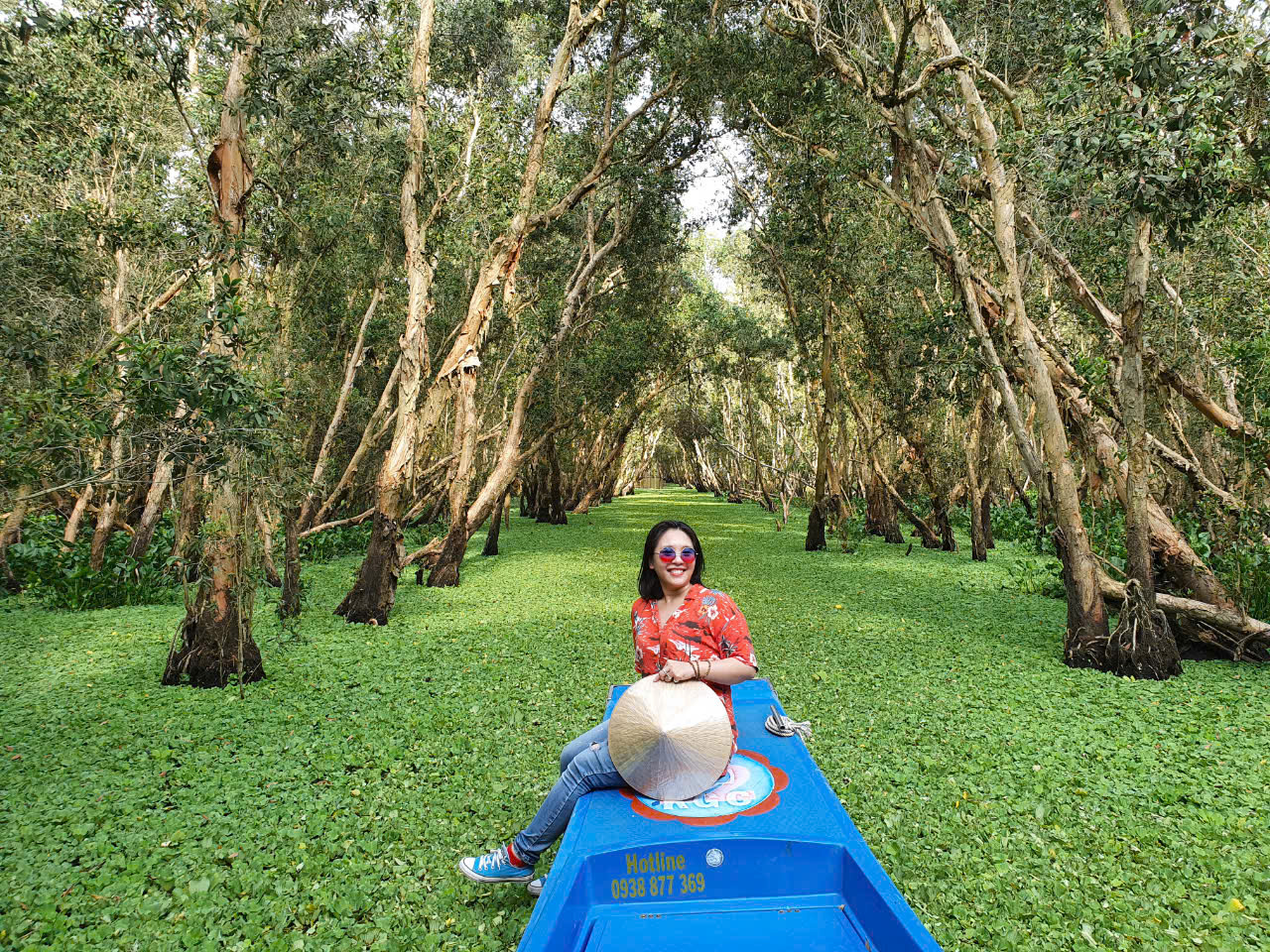
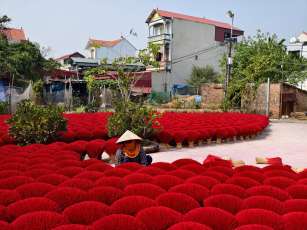
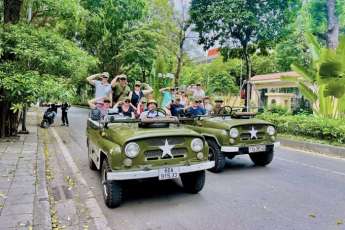
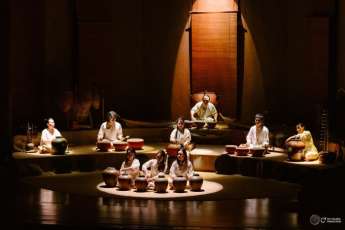
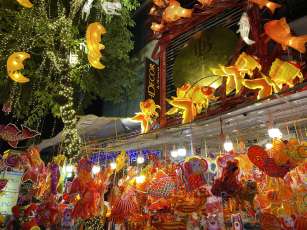









Timothy O Tool
on Feb 23, 2026Timothy William Groh
on Feb 23, 2026TwelmSC
on Feb 20, 2026Morgane Ter Cock
on Dec 18, 2025HerbertPhomaMS
on Oct 19, 2025